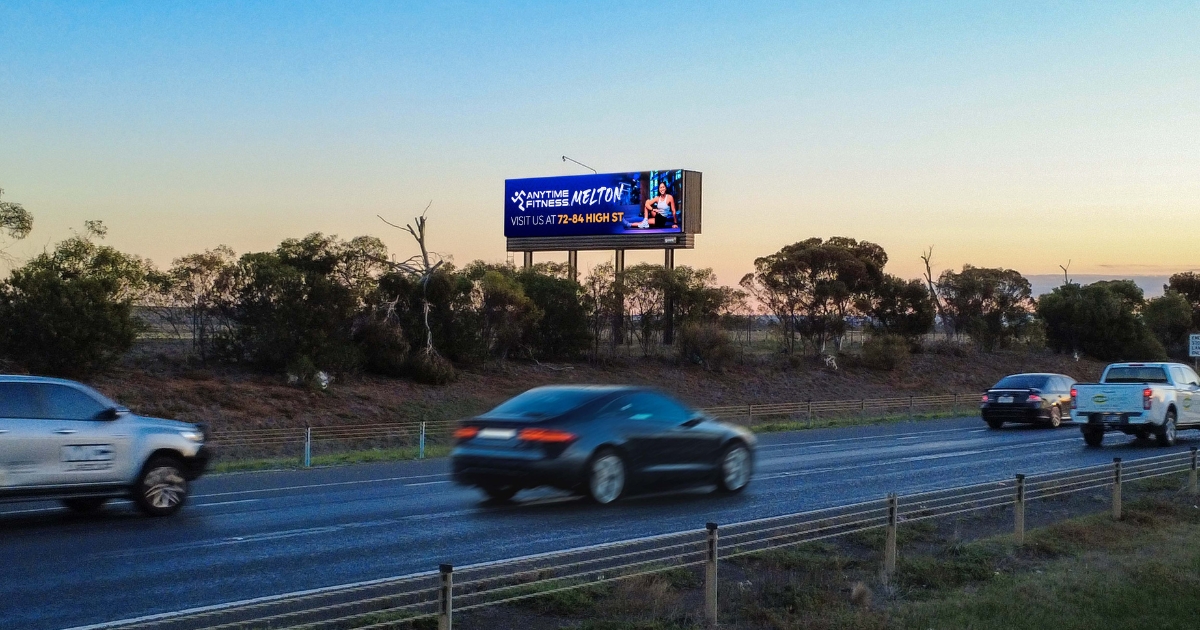Deakin taps Queenscliff expertise for Centre for Marine Science

Some of the researchers will be based at Deakin’s Queenscliff Marine Science Centre. Photo: DEAKIN UNIVERSITY
A NEW Deakin research centre partially based in Queenscliff aims to make the university the world’s leading institution for marine science.
To be led by Professor John Donald, the Centre for Marine Science (CMS) was one of two Strategic Research and Innovation Centres Deakin announced last week.
It is intended to build on the university’s growing leadership in science around marine climate change, sustainable food security, biodiversity conservation, social–ecological health, and the blue economy.
CMS will include Deakin’s highly successful Blue Carbon Lab, which offers innovative research solutions for helping to mitigate climate change through aquatic environments.
Several researchers will be based at the Deakin Queenscliff Marine Science Centre, recently upgraded with new state-of-the-art aquarium facilities, a high-performance computing laboratory and an environmental physiology laboratory for testing climate change scenarios, which was a project supported by the Victorian government’s Higher Education State Investment Fund.
According to the World Bank, the blue economy can be generally defined as the sustainable use of ocean resources, and encompasses activities such as renewable energy, fisheries, maritime transport, waste management, tourism, and climate change.
“The blue economy is projected to rise to $100 billion per annum in Australia by 2025,” Professor Donald said.
“The Centre for Marine Science will develop understanding about how we can best use coastal resources, as well as effectively conserve and manage marine ecosystems.
“The centre will position Deakin as global leaders in marine science, aquaculture and fisheries research.”
Last week, the university also announced it would establish a second Strategic Research and Innovation Centre, the Centre for Sustainable Bioproducts (CSB), to be led by Alfred Deakin Professor Colin Barrow.
This centre and will deliver advanced manufacturing solutions for the conversion of organic waste into sustainable high value bioproducts.
CSB researchers will have access to the new Deakin BioFactory at Waurn Ponds, a one-stop-shop for technology development for handling food waste, agricultural waste and marine by-products.
Deputy vice-chancellor of research Alfred Deakin Professor Julie Owens said the two centres were examples of how the university was investing more money than ever to develop science-backed solutions that addressed the big problems facing the world.
“At Deakin, we are helping to develop the skills and technologies required to underpin a sustainable economic future. These new centres will drive important research, training our next generation of science superstars and delivering real-world impact.”

















